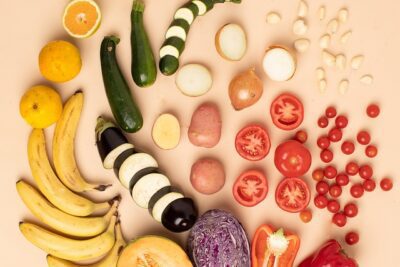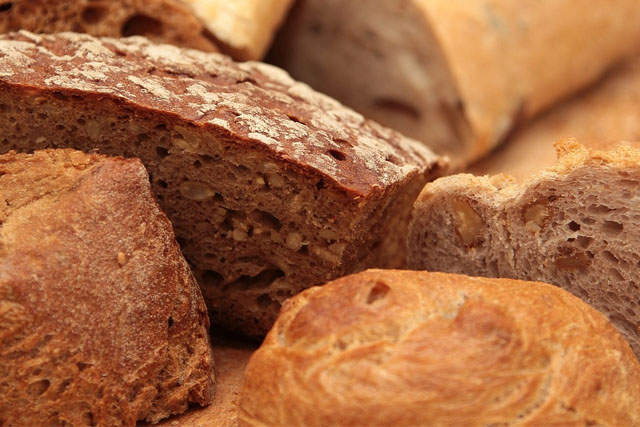



Rabbits are herbivores, which means their diet consists mainly of plant-based foods. In the wild, rabbits primarily eat grass, hay, and leafy greens. These foods provide them with the necessary nutrients, fiber, and roughage to maintain a healthy digestive system.
While bread may seem like a harmless treat, it is not an ideal food for rabbits. Bread is made from processed grains and often contains added sugars, salt, and other ingredients that can be harmful to rabbits. These ingredients can disrupt a rabbit's delicate digestive system and lead to digestive issues such as diarrhea or bloating.
Another concern with feeding bread to rabbits is the high carbohydrate content. Rabbits have a unique digestive system that is designed to process high-fiber foods. Feeding them foods that are high in carbohydrates, like bread, can lead to weight gain and other health problems.
Additionally, bread does not provide any significant nutritional value for rabbits. It lacks the essential vitamins and minerals that rabbits need to thrive. Feeding bread as a regular part of a rabbit's diet can lead to nutrient deficiencies and overall poor health.
Instead of feeding bread to your rabbit, it is best to stick to foods that are more suitable for their dietary needs. Here are some alternatives to bread that you can safely feed to your rabbit:
1. Hay: Hay is an essential part of a rabbit's diet. It provides them with the necessary fiber to keep their digestive system healthy. Make sure to provide your rabbit with a constant supply of fresh, high-quality hay.
2. Fresh vegetables: Rabbits can enjoy a variety of fresh vegetables as part of their diet. Some safe options include leafy greens like spinach, kale, and romaine lettuce, as well as carrots, bell peppers, and cucumbers. Remember to introduce new vegetables gradually to avoid digestive upset.
3. Pellets: Rabbit pellets are specially formulated to provide rabbits with the necessary nutrients they need. Look for high-quality pellets that are specifically made for rabbits and avoid those that contain added sugars or fillers.
4. Fresh fruits: While fruits should be given in moderation due to their high sugar content, rabbits can enjoy small amounts of fruits like apples, strawberries, and blueberries as an occasional treat.
5. Herbs: Rabbits can also enjoy a variety of herbs such as parsley, cilantro, and basil. These can be given in small amounts as a flavorful addition to their diet.
When introducing new foods to your rabbit's diet, it is important to do so gradually. Rabbits have sensitive digestive systems, and sudden changes in their diet can cause digestive upset. Here are some tips for introducing new foods to your rabbit:
1. Start with small amounts: Begin by offering a small portion of the new food and observe how your rabbit reacts to it. If there are no signs of digestive upset, you can gradually increase the amount over time.
2. Monitor for any adverse reactions: Keep an eye out for any signs of digestive issues such as diarrhea, bloating, or a decrease in appetite. If you notice any of these symptoms, remove the new food from your rabbit's diet and consult with a veterinarian if necessary.
3. Offer a variety of foods: It is important to provide your rabbit with a varied diet to ensure they receive all the necessary nutrients. Rotate different types of vegetables, herbs, and occasional fruits to keep their diet interesting and balanced.
4. Consult with a veterinarian: If you have any concerns or questions about your rabbit's diet, it is always best to consult with a veterinarian who specializes in exotic pets. They can provide you with personalized advice based on your rabbit's specific needs.
In conclusion, bread is not a suitable food for rabbits. It lacks the necessary nutrients and fiber that rabbits need to maintain a healthy digestive system. Feeding bread to rabbits can lead to digestive issues, weight gain, and nutrient deficiencies.
Instead, it is best to stick to a diet that consists of hay, fresh vegetables, pellets, and occasional fruits and herbs. When introducing new foods to your rabbit's diet, do so gradually and monitor for any adverse reactions.
Remember, the health and well-being of your rabbit should always be a top priority. Providing them with a balanced and appropriate diet will help ensure they live a long and happy life.
Leave a Reply
Related posts